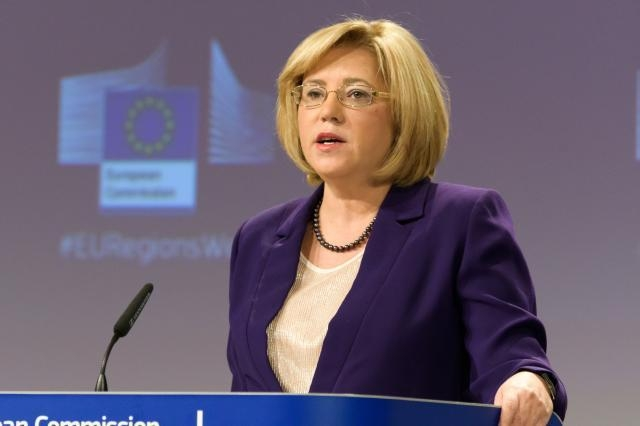European funds for Romania
The European Commission has adopted an investment programme worth 4 billion euros for 25 large-scale infrastructure projects in 10 member states.

Daniela Budu, 03.04.2019, 13:08
The European Commission has adopted
a four billion euro investment programme for 25 large-scale infrastructure
projects in 10 member states. The projects cover several important areas such
as healthcare, transportation, research, the environment and energy.
4 of these 25 projects are to be
implemented in Romania and aim to improve transportation in Bucharest,
environment protection, also targeting a better water management. They will
benefit from European funding of nearly two billion euros. Funds worth one
billion euros will contribute to upgrading Bucharest’s ring road by extending
several segments of that road. Another 97 million euros will be allocated for
the second underground line in Bucharest including new tracks and rolling stock.
Also, 603 million euros will finance the protection and rehabilitation of the tourist
section of the Black Sea coast in Constanta County, south-eastern Romania. The
project includes seafront reinforcement works, beach nourishment, measures for
biodiversity conservation and monitoring equipment. The European Union will
also invest over 135 million euros in high-quality drinking and waste water
systems in Timis County, western Romania. 15,000 residents will be connected to
the drinking water network and some 380,000 people will benefit from drinking
water of higher quality.
The European Commissioner for
Regional Policy Corina Cretu said that an obstacle in the way of attracting
more European funds for projects in Romania had been the change of priorities
and the lack of coordination. She hailed however the fact that in the 2007-2013
period, a better absorption of funds was reported and certain delays had been
eliminated. Corina Cretu:
I’m satisfied with the way in which
European money has been used, for instance in the field of small and
medium-sized businesses. I’m satisfied that the disengagement of EU funds has
been avoided with the change of the Regional Operational Programme, which
allowed for the purchase of ambulances in all counties of the country. My only
regret is that at the end of my term in office we don’t know the fate of the
three regional hospitals envisaged to be built and we don’t have other road
infrastructure projects since Romania is the country with the highest road
death rate in the EU.
The European Commissioner expressed
hope that projects that are vital for Romania will be submitted to the European
Commission as soon as possible, including the projects for regional hospitals
and for more motorways. According to the European Commission, more than 250
major projects have received EU funding for the 2014-2020 period. The EU’s
contribution to these projects amounts to 31 billion euros, accounting for half
of their value.






























